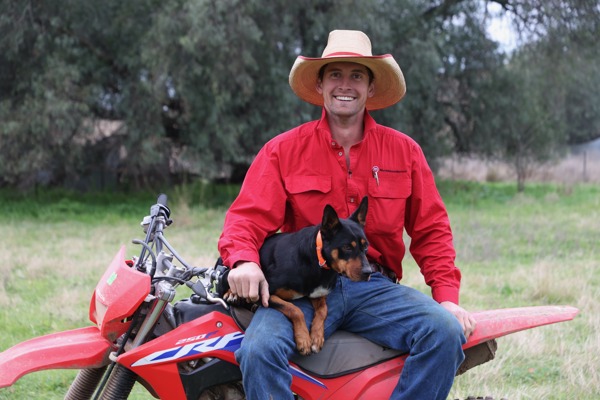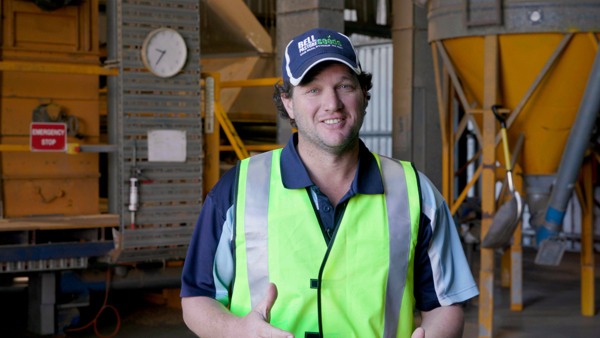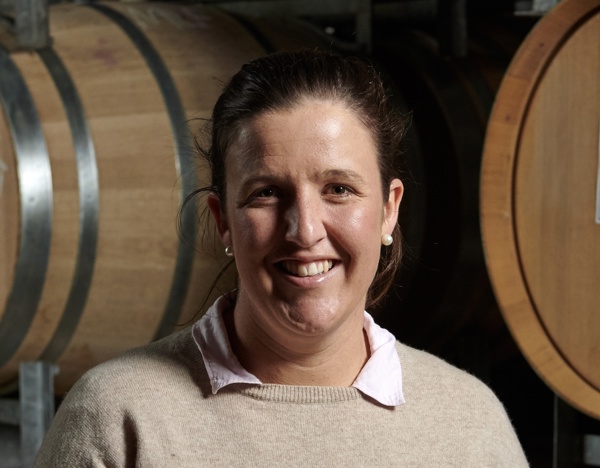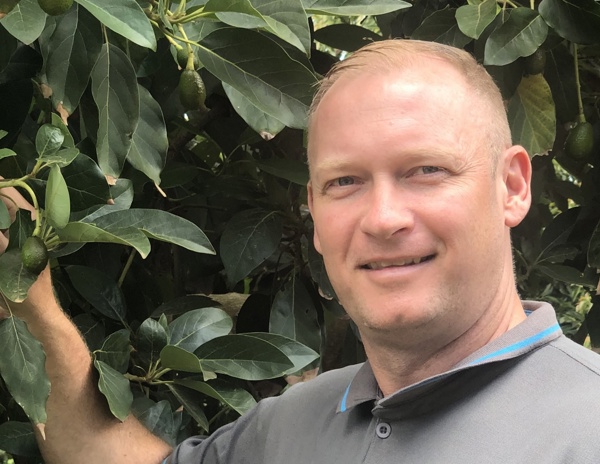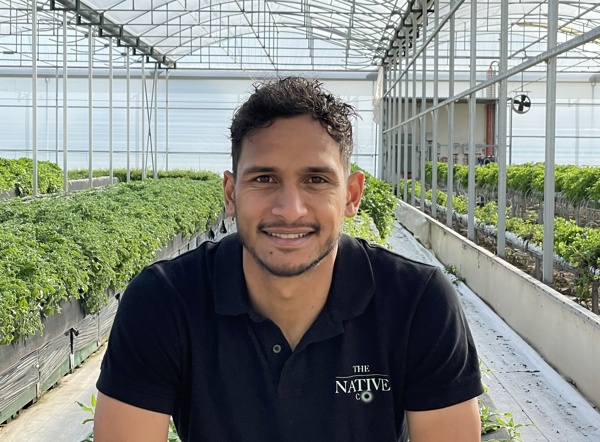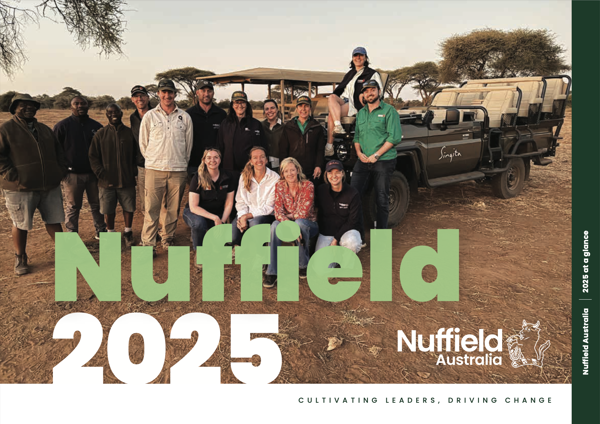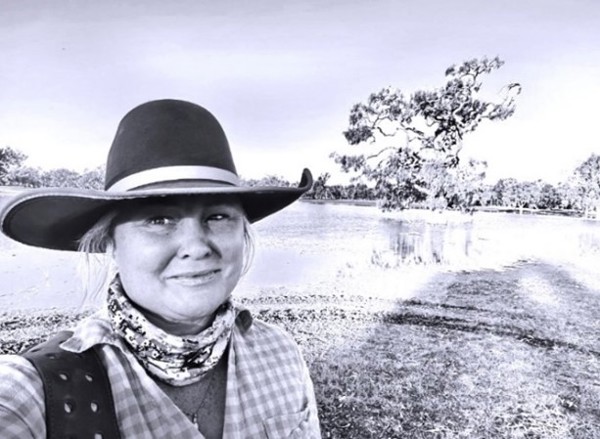Unlocking the Potential of Mediterranean Winegrape Varieties for Australia
"The exploration of lesser-known winegrape varieties presents a significant opportunity for the Australian wine industry to diversify and thrive amidst climate challenges and evolving consumer preferences. My research across Mediterranean wine regions revealed that the natural resilience of these indigenous varieties could be key to the future of viticulture in South Australia."
– 2023 Nuffield Scholar, Alexander Copper
Alexander Copper, a viticulturist and 2023 Nuffield Scholar, has embarked on an extensive study across Mediterranean regions to uncover how lesser-known winegrape varieties could revolutionise the Australian wine industry. Supported by Nuffield South Australia Alumni, Alexander’s research focuses on introducing these resilient grape varieties to Australian vineyards to better cope with climate change and cater to shifting market demands.
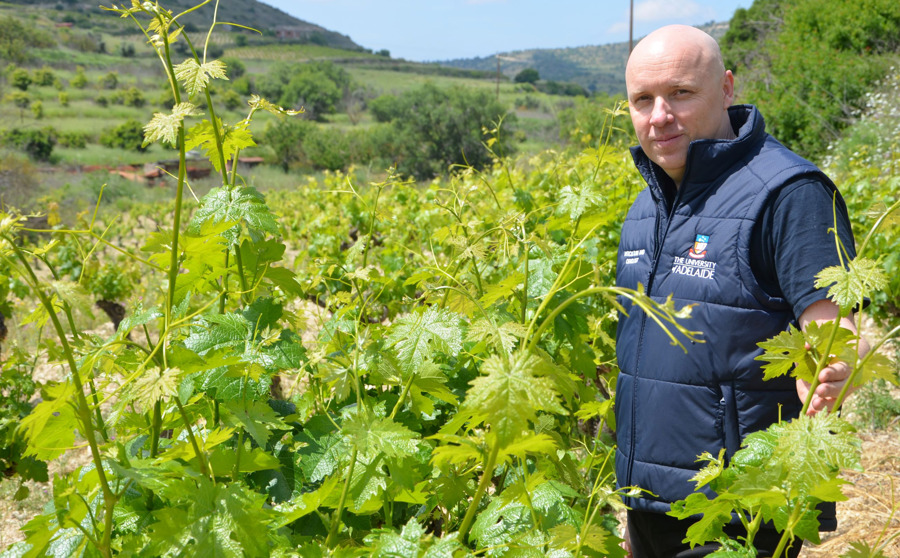
Alexander’s travels took him through Cyprus, Malta, Greece, and Turkey, where he engaged with local viticulturists and winemakers. He explored indigenous grape varieties, many of which are well-adapted to hot, arid climates, requiring minimal water and offering unique flavour profiles that could attract new consumer segments in Australia.
“Through my travels, I identified varieties that are not only drought-tolerant but also capable of producing high-quality wines under challenging conditions,” Alexander explains. “These varieties, like Maratheftiko from Cyprus and Mandilari from Crete, could provide Australian winemakers with the tools they need to diversify their production and create wines that stand out in the global market.”
Alexander’s research underscores the importance of expanding the genetic diversity of Australia’s vineyards. With the impacts of climate change becoming more pronounced, relying solely on traditional varieties like Shiraz and Cabernet Sauvignon may limit the industry’s resilience. By integrating these Mediterranean varieties, Australian winemakers can better adapt to changing conditions while offering consumers fresh and exciting wine options.
“Adopting these lesser-known varieties could be a great advantage for the Australian wine industry,” says Alexander. “They offer a way to innovate, remain competitive, and ensure the long-term sustainability of our vineyards.”
Alexander will be presenting his findings at the 2024 Nuffield National Conference in Launceston, Tasmania along with 28 other returning scholars.
Don’t miss the 2024 National Conference in Launceston, Tasmania, on 2-4 September, where 29 returning scholars will present their research. Registration closes on the 19th August. REGISTER NOW visit https://www.nuffield.com.au/conference-2024.
Alexander’s full report here
